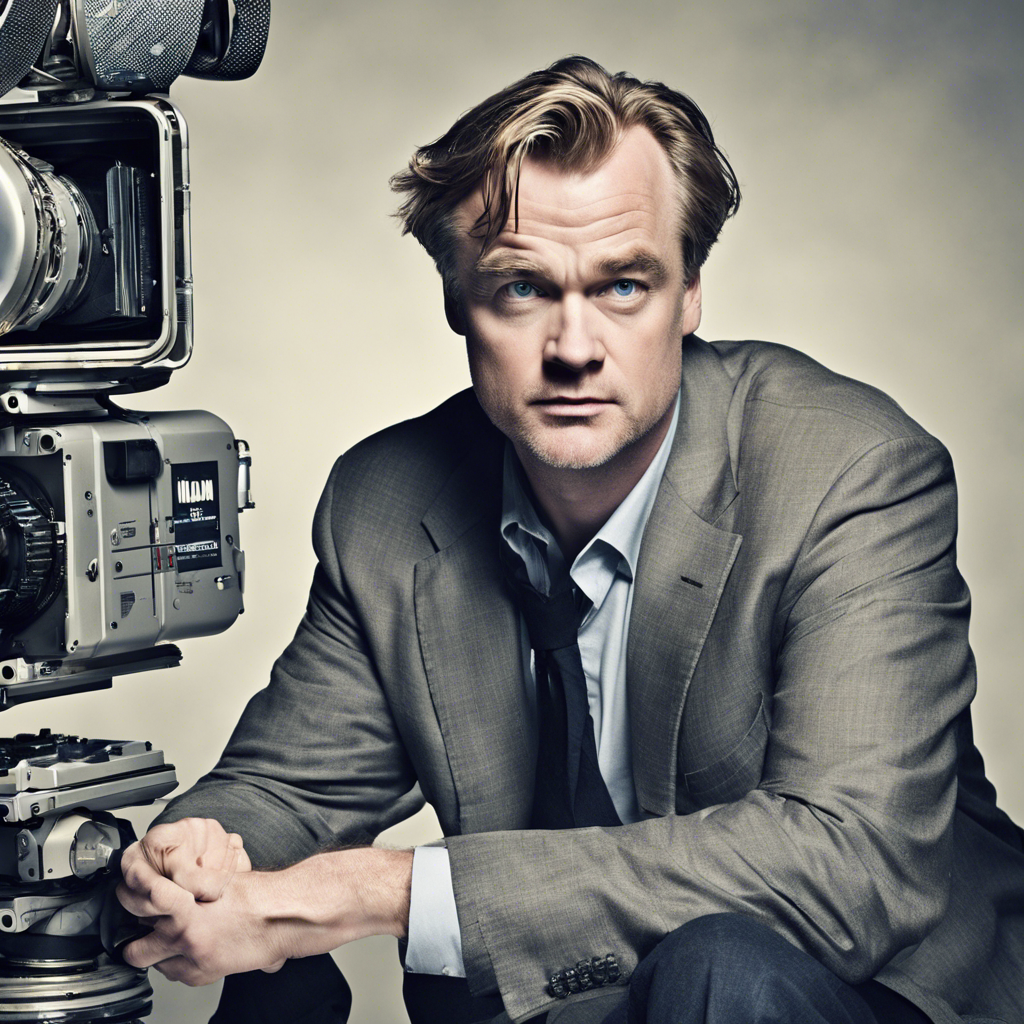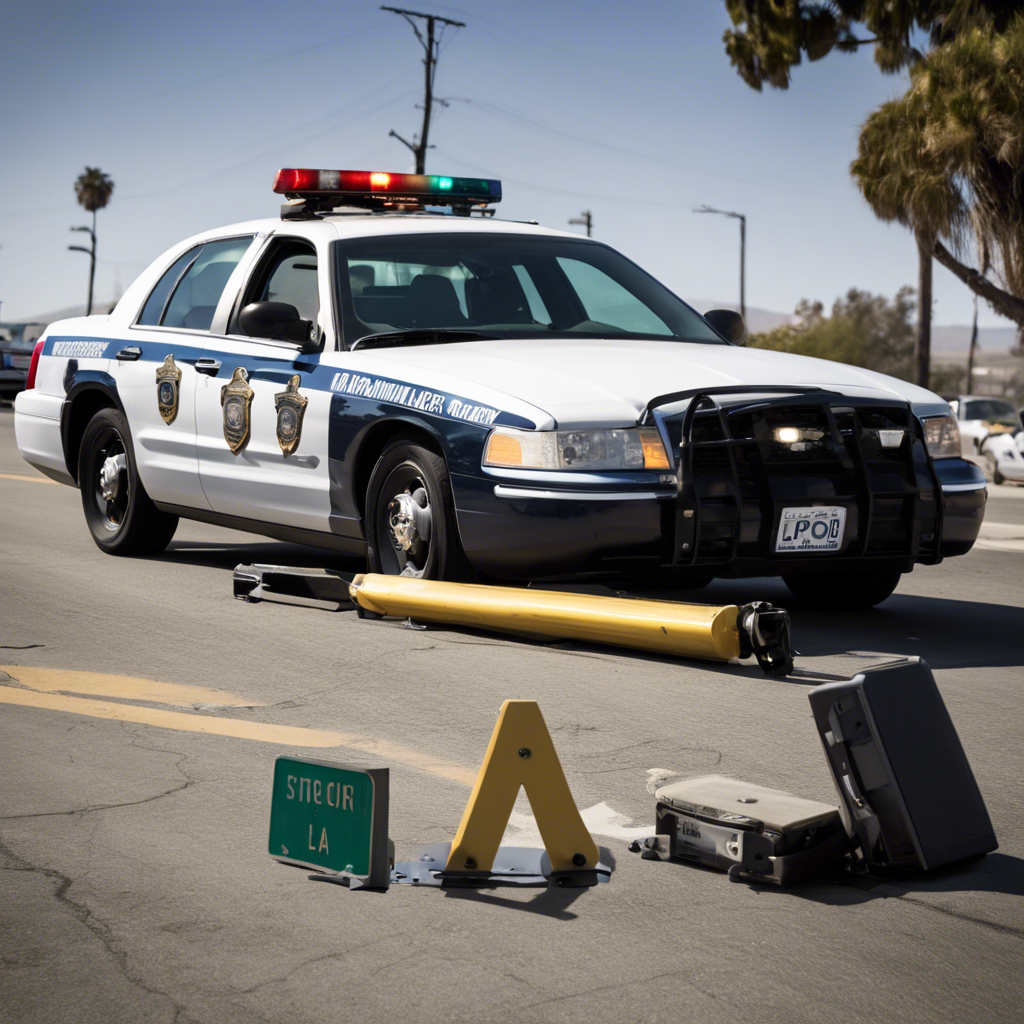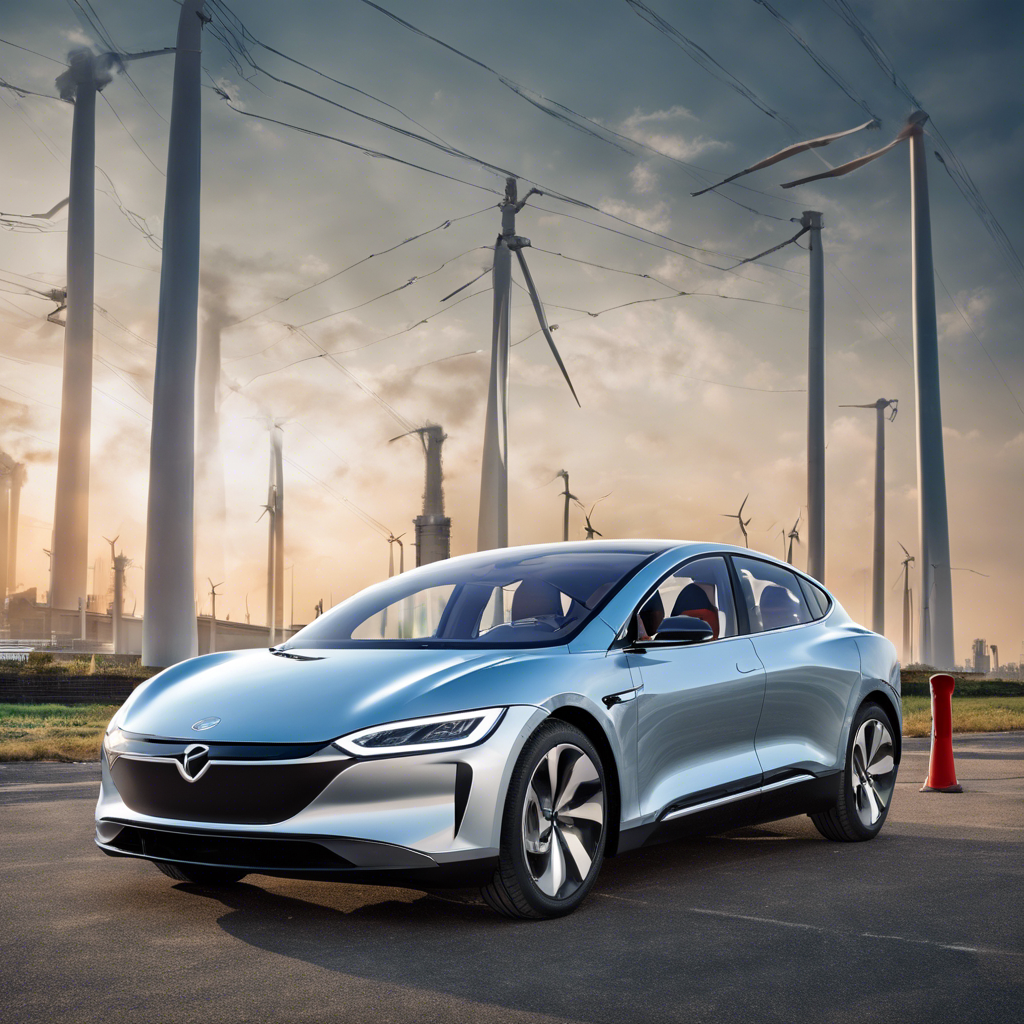Christopher Nolan on Technology, Ethics, and the Power of Film

The acclaimed filmmaker discusses the intersection of technology and storytelling in his films, from the conflicted nature of technology to the exploration of artificial intelligence and the consequences of its misuse.
In a candid interview, renowned filmmaker Christopher Nolan opens up about his fascination with technology and its impact on society. From his early works like “The Dark Knight” trilogy to his recent film “Oppenheimer,” Nolan has consistently explored the ethical dilemmas and potential dangers of technological advancements. In this interview, he delves into the themes of his films, the parallels between Nikola Tesla and Robert Oppenheimer, the techno-optimism of “Interstellar,” and why he has yet to make a film centered around artificial intelligence.
The Dramatic Conflict of Technology
Nolan believes that the conflict many people feel about technology is inherently dramatic. Drawing inspiration from science fiction, he enjoys exploring the potential future implications of technological, sociological, and economic trends. For example, in “The Dark Knight” trilogy, he exaggerates contemporary American society to bring out the more dramatic elements, such as surveillance through cellphones. Nolan acknowledges that his films often serve as speculative fiction, offering exaggerated portrayals of the present-day moment.
Nikola Tesla and Robert Oppenheimer
Nolan draws a parallel between Nikola Tesla and Robert Oppenheimer, the subjects of his films “The Prestige” and “Oppenheimer” respectively. He notes that Tesla, controversially credited with the concept of mutually assured destruction, shares similarities with Oppenheimer. Both brilliant individuals believed that their technological creations could bring an end to war. Nolan highlights Oppenheimer’s ethical nature and abstract philosophical perspective, which led him to make morally complex decisions.
Inception and the Social Media Age
Nolan reflects on how “Inception” anticipated the social media age, where people started to view reality differently. He explains that the film’s inward-looking structure was influenced by the branching mechanisms of the iPod, which allowed users to delve deeper into different catalogs. As technology began to shape people’s everyday lives, the idea of realities within realities became more prevalent. Nolan emphasizes that his work is often instinctive and unselfconscious, reflecting the things that move him in the world.
The Consequences of Technological Misuse
While some of Nolan’s films, like “The Prestige” and “Inception,” explore the personal consequences of misusing technology, others, such as his Batman films, “Tenet,” and “Oppenheimer,” delve into the broader implications on humanity. He explains that each story has its own reasons for containing technology on a particular scale. In the case of “Oppenheimer,” the global implications of the Manhattan Project are undeniable, making it a combination of personal and large-scale storytelling.
Technological Ambition in “Interstellar”
Nolan acknowledges that “Interstellar” stands out in his filmography as a celebration of technological ambition. The film’s protagonist, Cooper, represents the longing for exploration and the belief that science and technology can save humanity. Nolan and his brother, who worked on the script, were inspired by a documentary about the Apollo missions, which highlighted society’s diminishing spirit of exploration. He clarifies that his films are not didactic and do not convey specific messages about society but aim to tell great stories.
Realism and Resonance in Filmmaking
Nolan discusses the creative choices he made while shooting the Trinity atomic-bomb test scene in “Oppenheimer.” He wanted to portray the test with as much realism as possible to immerse the audience in the scientists’ experience. By using real objects and filming them, he aimed to capture the beauty and terror of the moment. Nolan also reflects on the emotional impact of the video messages scene in “Interstellar,” emphasizing the power of storytelling and music to evoke visceral responses.
The Absence of Artificial Intelligence
Despite his fascination with technology, Nolan has yet to make a film centered around artificial intelligence. He acknowledges his brother’s work on shows like “Westworld” and “Person of Interest,” which explore AI and data security. Nolan also cites “2001: A Space Odyssey” as a film that encapsulates the essence of artificial intelligence. He suggests that the film’s elemental simplicity says everything there is to say about AI.
Conclusion:
Christopher Nolan’s films have consistently delved into the ethical implications and potential dangers of technology. From his exploration of surveillance in “The Dark Knight” trilogy to the techno-optimism of “Interstellar,” Nolan’s storytelling captivates audiences and provokes thought. As he continues his filmmaking journey, Nolan remains committed to finding engaging stories that resonate with him, regardless of the scale or subject matter. Through his work, he invites audiences to contemplate the complex relationship between technology and humanity.










